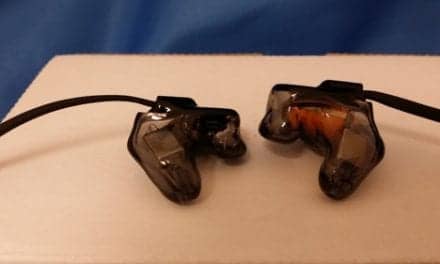The 62nd International Congress of Hearing Aid Acousticians is scheduled to be held in Nürnberg, Germany from October 18-20, 2017, the Europäische Union der Hörakustiker e. V (EUHA) announced. Connected hearing will be among the major topics focused on at the convention. The conference will allow hearing aid acousticians to update their knowledge to be able to offer optimum support to people with hearing impairments and hearing aid companies will be showcasing the latest developments in smart hearing, according to EUHA’s announcement.
Smartphones allow people to stay connected. By analogy, there are intelligent hearing systems that help people with impaired hearing stay in touch with the world around them and stay connected due to innovative communications technology, also known as “smart hearing,” devices or “intelligent hearing systems,” according to the EUHA announcement.
The term “smart hearing” refers to technological features that can help compensate for hearing deficiencies, according to EUHA. Using Bluetooth or wireless technology, present-day hearing systems are connectable to almost any smartphone, mobile phone, TV set, or external microphone, according to EUHA. Operated by an app, the smartphone can be utilized to perform as a remote control with options for loudness, sound, and programs for different requirements. Phone calls and music can also be streamed directly to hearing instruments. In noise, hearing impaired individuals using innovative hearing technology may even hear better than “normal hearing” people, said the EUHA.
According to the EUHA, smart hearing can be helpful for people with impaired hearing, as it permits them to take part in social interactions, giving them an enhanced quality of life. Those who are isolated due to their hearing deficiencies are more often affected by health issues and depression. The latest studies conducted by French professor Hélène Amieva, show that people with unaided hearing loss lose their cognitive abilities up to 40% earlier than controls without hearing impairment or those fitted with hearing systems.
“Efficient use of hearing systems is guaranteed by fitting them to suit the wearer’s individual habits and requirements,” said Martin Blecker, president of the European Union of Hearing Aid Acousticians. “Hearing aid acousticians are specialists. They advise on the choice of hearing systems; fit them; explain how to use them; educate users on their management; and provide follow-up services. Those who wish to find out more about smart hearing should see their hearing aid acoustician to take a hearing test,” he said.
EUHA predicts that, in the future, hearing technology will embrace a number of additional fields of application, opening up new areas of communication, like live interpretation and the monitoring of vital life functions. Even today, smartphones help alert users to take their medications or keep appointments.
For more information on the conference or to purchase tickets, visit the EUHA website here.
Source: EUHA
Image: EUHA




